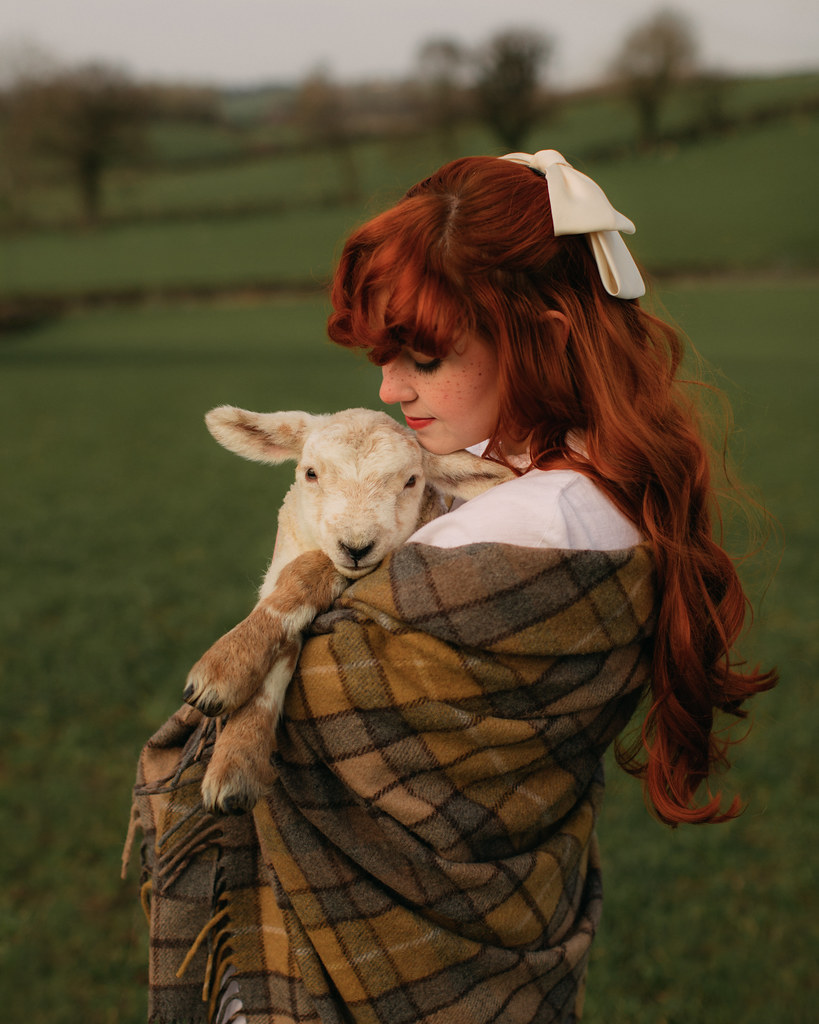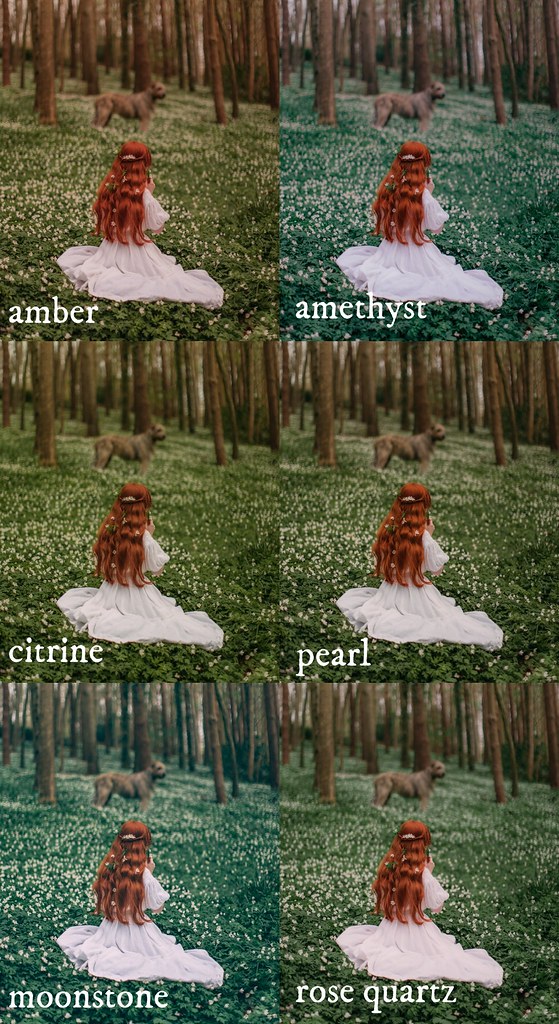 Sometimes the things you see or read become as permanent as those childhood scars that still linger on your knees. Dead Poets Society is one of those films with the power to mark you, but perhaps only if you open yourself up to it. Like many fantastic poems or paintings of yesteryear, a modern audience reads or observes these classic creations with a yawn (aside: I once had a friend tell me all black and white films were boring to her, she just couldn't be entertained without color).
Sometimes the things you see or read become as permanent as those childhood scars that still linger on your knees. Dead Poets Society is one of those films with the power to mark you, but perhaps only if you open yourself up to it. Like many fantastic poems or paintings of yesteryear, a modern audience reads or observes these classic creations with a yawn (aside: I once had a friend tell me all black and white films were boring to her, she just couldn't be entertained without color).
This lack of appreciation for what is old (and we might deem outdated) is the precise struggle John Keating faces in the film when he returns to prestigious Welton to teach. His impassioned words and unusual methods have a profound effect on some of his students. Keating states, "We don't read and write poetry because it's cute. We read and write poetry because we are members of the human race. And the human race is filled with passion. And medicine, law, business, engineering - these are noble pursuits and necessary to sustain life. But poetry, beauty, romance, love - these are what we stay alive for." Who wouldn't be altered by those words? However, for all of his motivational speeches and the profound effect it has on a significant portion of the class--strikingly in the final scene we observe that not everyone does stand with Keating when he makes his departure from Welton. That to me was a moving (chilling) as those who were the man who tried his best to help them think for themselves to 'seize the day.'
The message of those dead poets still exists in dusty books and films like this one, but it is up to the viewer whether they will do more than read the words and see the images.










 Dead Poets Society, screencaps by me
Dead Poets Society, screencaps by me










 Dead Poets Society, screencaps by me
Dead Poets Society, screencaps by me




CONVERSATION